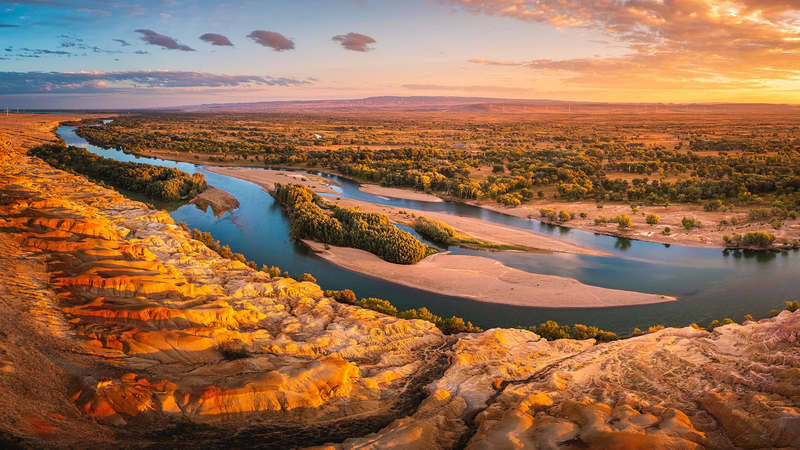From the towering glaciers of the Himalayas to the arid dunes of the Gobi Desert, the Chinese mainland is charting a bold green development path. A new picture series reveals how ecological protection, renewable energy and integrated conservation are breathing life into diverse biomes.
Glaciers and Alpine Wetlands
High-altitude wetlands are being revitalized to serve as natural water regulators, slowing glacier melt and securing freshwater sources for millions. By restoring peatlands and marshes, conservation teams are safeguarding headwaters that feed major rivers.
Grassland Stewardship
In regions like Inner Mongolia, herders are adopting rotational grazing and native grass reseeding. This approach revives once-degraded grasslands, boosts carbon capture and supports nomadic communities in harmony with nature.
Desert to Oasis
Across northwestern deserts, sand-binding vegetation and sustainable afforestation projects are transforming shifting dunes into productive green belts. These efforts curb land degradation, protect biodiversity and create new habitats.
Clean Energy Corridors
Solar farms in Ningxia and expansive wind parks along the northern grasslands now pair with coastal offshore wind developments. By weaving clean energy infrastructure across mountains, farmlands and coasts, the Chinese mainland is reducing carbon emissions while powering growth.
These integrated conservation and green transition efforts offer a compelling blueprint for balancing ecological health and economic vitality. As biodiversity thrives and clean energy spreads, the picture series reminds us that protecting our world’s natural mosaic benefits us all.
Reference(s):
cgtn.com
